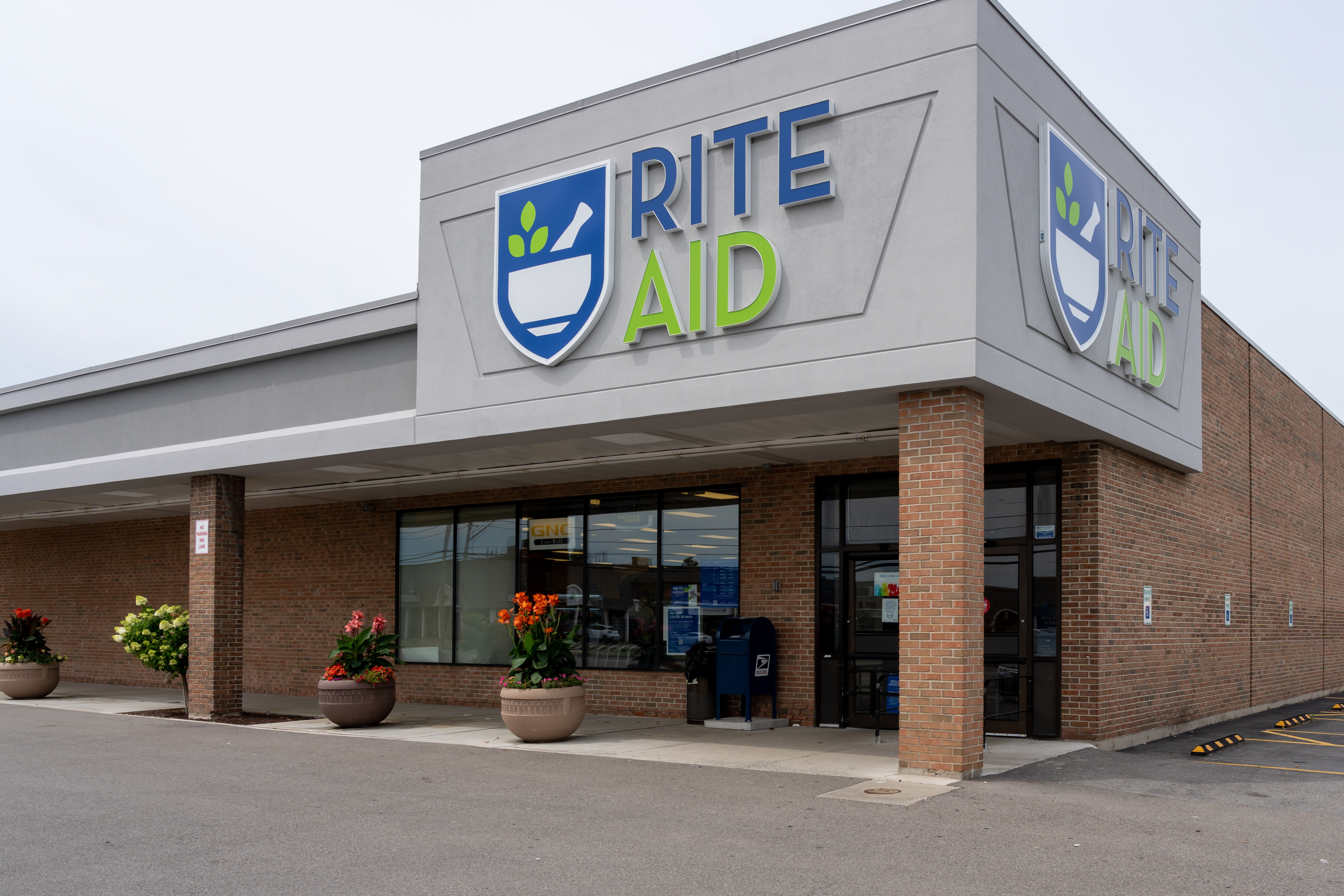On 15 July, Rite Aid, the prominent American drugstore chain, notified the Office of the Maine Attorney General of a significant data breach that occurred last month. Despite being described as a "limited cybersecurity incident" by the company, the breach compromised a substantial amount of customer information, affecting approximately 2.2 million individuals.
The breach occurred on 6 June when a third-party actor successfully masqueraded as a Rite Aid employee and infiltrated the company's systems. The intrusion was detected after 12 hours, prompting Rite Aid to launch an immediate investigation to determine the scope of the breach and assess the extent of data compromise.
The incident came to light after RansomHub, a ransomware organization, publicly claimed responsibility for targeting Rite Aid. In a dark web post, the cybercriminals asserted that they had stolen 10 terabytes of data, including consumer information such as ID numbers and Rite Aid rewards cards.
Although Rite Aid reassured the public that Social Security numbers, financial information, and patient records remained secure, the attackers accessed sensitive customer data linked to retail purchases. This compromised information includes names, addresses, birthdates, and government IDs.
While Rite Aid has not officially identified the perpetrators, RansomHub has openly claimed responsibility for the breach. According to the ransomware group, they exfiltrated approximately 45 million records, containing valuable personal data like names, addresses, driver's license numbers, dates of birth, and Rite Aid rewards numbers. Reports suggest that the data obtained is restricted to purchases made between 6 June 2017 and 30 July 2018.
Negotiations with the ransomware group reportedly broke down, leading RansomHub to leak snippets of the stolen data as proof of their claim. They have issued a two-week ultimatum, threatening to release more information if their demands are not met.
This incident highlights a troubling trend in the healthcare industry, which has faced a wave of cyberattacks this year. Major players like UnitedHealth Group have also been targeted, exposing critical vulnerabilities and sparking urgent calls for federal cybersecurity regulations.
When hackers access sensitive data, the fallout can be severe. Identity theft becomes a real threat, and fraudulent medical claims might soar. Unauthorized access to medical services is another risk, potentially leading to chaotic medical records and misuse of resources. Leaked health data can be used for blackmail or to stigmatize individuals, causing irreversible damage to personal reputations and mental health.
Trust in healthcare providers takes a hit after such breaches, as patients might become reluctant to share vital health information, fearing exposure. This hesitation can impact the quality of care they receive, as doctors rely on complete information for accurate diagnoses and treatment plans.
Financially, the costs are steep. Beyond direct theft, there are expenses for breach mitigation, legal penalties, and repairing reputational damage. Healthcare institutions must invest heavily in security measures and breach recovery, diverting funds from other essential services.
.png?width=1816&height=566&name=brandmark-design%20(83).png)



